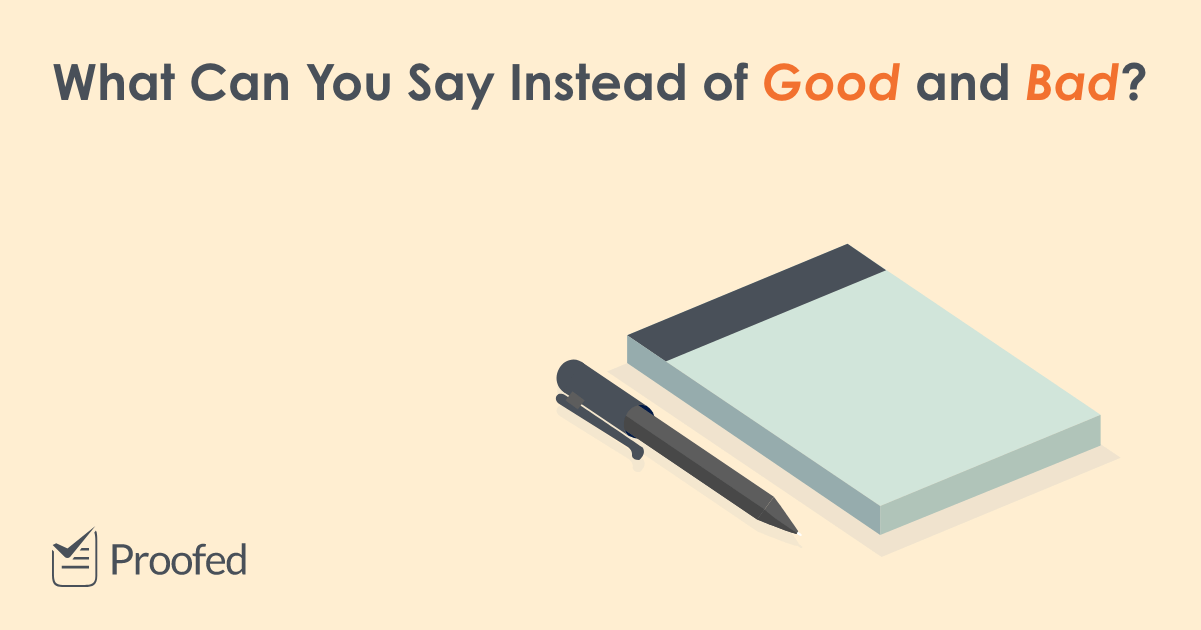

Again, that would sound like a general statement about life, though you can apply the word to individual activities: Work has been so monotonous lately. You can say that your life has become monotonous, or if you like the "life is." formulation you started with, it certainly works there, too: Life is monotonous. This word usually has a negative connotation, much like boring or repetitive. Another good alternative, suggested by Mistu4u, is monotonous.If you really want to change, you might say that it seems like your life is standing still, but you want to move forward. You might say that things are getting old, or that you're getting tired of doing the same things day in and day out. If you're getting bored of doing the same things every day, you might describe it as tedious, or as a noun, tedium, as in the tedium of daily life.Of course, habits can refer to both good habits, like brushing your teeth regularly, and bad habits, like smoking. And any activity you engage in on a regular basis can be called habitual. If you don't exactly form the habits on purpose, then you might say you're falling into a routine. Do you make it a habit to clean for ten minutes every day after you get home from work? Then you can use that word. (Some people skip over this detail and just say daily routine.) That means something you do every day, though you can also use it to describe things you do only on weekdays, in which case you might say weekday daily routine or daily routine on weekdays. You can talk about your daily routine.So how do we describe things we do regularly, over and over again? someone who is debauched is considered to be immoral, because their way of life involves a lot of sex, alcohol, or illegal drugs. It does sound like a general statement, though, and not a description of specific things we do over and over again. bad, wrong, or unfair in a way that makes you angry. “Maybe today is the day for new beginnings.Sure, you can say life is repetitive. Besides dependable, other words to replace responsible. “Maybe,” you think to yourself, after using the right ‘there’, spelling ‘a lot’ as two words, or use the right ‘its’, “I will never doubt myself again.” When you use the word responsible as a description - I am responsible - you likely hope to convince an employer that you're dependable. It’s a personal victory in the lifelong battle against those neural pathways that are always out to get you. Of course, these bad reactions are what makes spelling your brainjam word feel so good. If you’re like me this is where your frustration with your inability to spell a three-letter word boils up to the point where you punch a monitor and leave a broken keyboard covered in hot salty tears on your desk. Before handing in a big essay, you’re so paranoid about submitting with brainjam words that you actually do a search in the document to find every single instance of them for octuple-checking.ģ.

If you don’t comprehend what I mean, let me be told. The example of soccer fans is one of the main things that has put. You’re so afraid of the brainjam that you write a long sentence that avoids using the word altogether, even if it makes the sentence sound terrible. 149 thoughts on Judeo-phobia (another word for anti-Semitism) still rife on American. Now if you’re like me Brainjam Word Fear sometimes results in bad reactions:ġ. It was famously dubbed a 'wardrobe malfunction' and, apparently, the stunt was supposed to reveal a red lace bra, but things went haywire. Spellcheck stays silent and grammar check can’t be trusted, so I’m forced to actually think about whether or not I’m using these words the right way.īrainjam words are any word you mess up every single time you use it. Jackson ended up taking the brunt of the blowback, despite Timberlake obviously deserving at least half of the blame. Yes, some neural pathways fused together in my brain twenty years ago and since then I always do a three-second triple-check-stutter-step whenever I’m writing either word out a sentence. For me, I mix up ‘know’ and ‘now’ every single time I use them.


 0 kommentar(er)
0 kommentar(er)
